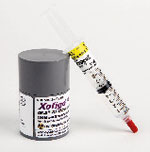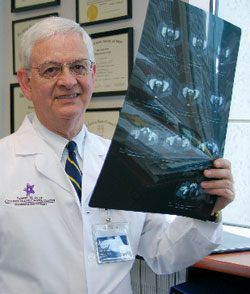
Remembering Russ Gould
Prostate cancer research has produced many new drugs, treatments, and biomarkers that are available to patients today, and many others are in the pipeline. I believe that the genetic revolution will usher in a new era of prostate cancer management…








